

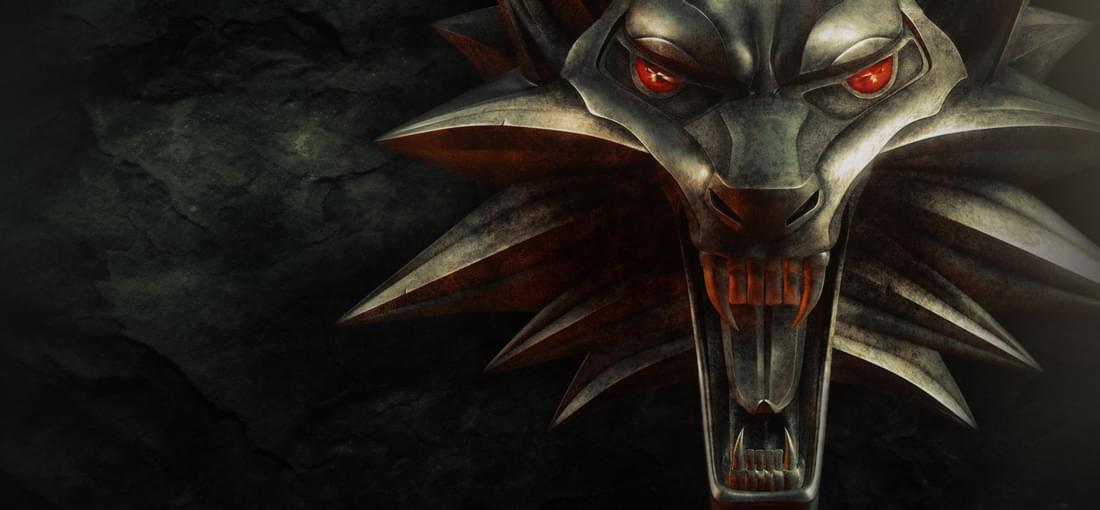
There's too much to fully discuss in a short review, but... Pros: The Witcher has a great level of detail in the environments, dialogue and lore. This is a world with a complex history, much of which is implied or gleaned from books within the game. Virtually every character, monster or item has a journal entry that gives a little more detail and, appropriately for a game based on a book, it rewards those who take the time to read. The plot is interesting and gives you some hard choices to make. There are lots of sidequests. The dialogue is well-written and most characters have their own motivations and backgrounds, rarely feeling like generic NPCs. The item/alchemy system is diverse and interesting. There are dozens of items to collect and lots of different potions, all of which are useful against certain enemies or in particular situation. You can learn how to brew potions through recipes or just by experimenting, allowing resourceful players to gain an advantage early. Using the potions wisely can prepare you for a difficult fight. Cons: I'm not sure if it's also a problem with the source material, but the game is pretty sexist- while it occasionally pays lip service to women, especially sorceresses, being powerful and influential, most of the women in the game are fairly vapid and shallow, and seem to exist only to be easy lays for Geralt- after which he usually never interacts with them again. The medieval setting might partially excuse this, but still- collectable sex cards? Really? The combat system is a little boring. It consists of timed clicks to attack and an occasional spell, and the only thing that keeps every battle from being identical are the potions you can drink and the gradual upgrades to your attacks as you level up. The many sidequests can slow down the pace of the game, but you'll need them for the XP they give. Limited inventory space makes it difficult to use your potions strategically without many long, tedious trips to the inn.
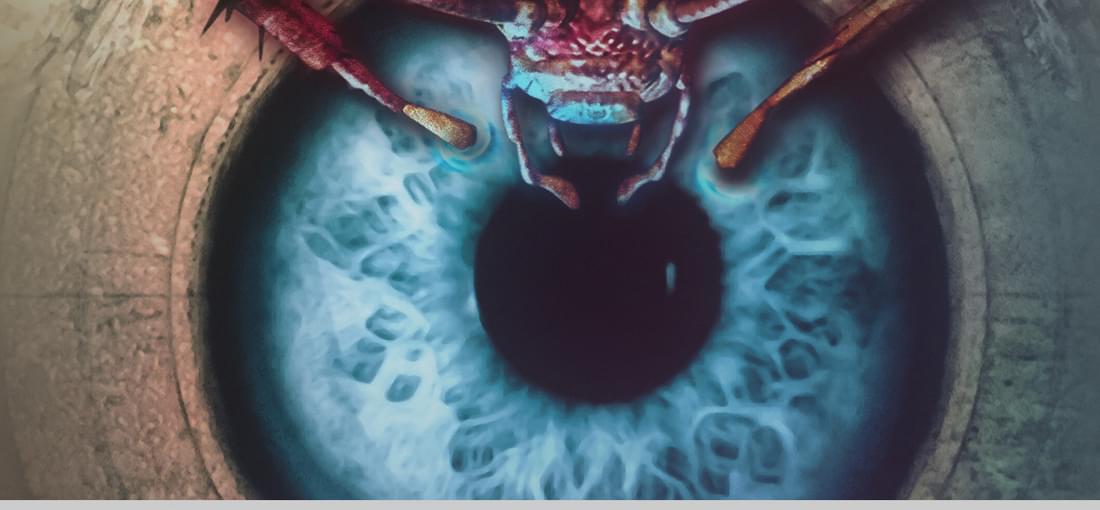
The game is delightfully different and very immersive- after getting a handle on the controls and solving the first few puzzles, it really sucks you in. The environment is incredibly detailed and unflinchingly filthy, nauseating and grim, but it's a lot of fun navigating it, and the game does an excellent job of telling a story through the environment alone (well, and an occasional cutscene)- everything is explained if you look closely enough, either in text form or simply from the context and condition of the items the rooms are filled with. The story goes in a very unexpected direction given the basic premise and initial impressions of the characters, and the game ends up feeling very dreamlike and trippy, especially when your fellow vermin show up to give you cryptic, rhyming clues about what to do next. The hints are usually useful without being too obvious, and all of the puzzles feel fair, with the exception of the fuse puzzle near the end, which really needed a tiny bit more elaboration. The deaths aren't always fair or predictable, but even if you lose all your lives, you just start the room over with any puzzles you solved already completed, so it's not a big problem. My only complaint aside from the fuse puzzle is that they might have been a little TOO enthusiastic with the disgustingness of the environment- not because I have a weak stomach, but because it doesn't really fit with the character of the landlord. One look at the kitchen and you can conclude that he cooks by spilling vegetables and beans all over the counter, chopping them up a bit, slicing the head off a fish while leaving another, still-living one on the cutting board, hacking up some meat (some of which has maggots in it!), tipping over a couple open bottles of spices onto the whole thing, then letting it boil over unattended in a couple pots, splashing all over the stove while cockroaches crawl all over everything. I know he's depressed and all, but DAMN!
I enjoyed this game a lot more back when it came out than I do today. I'd give it three and a half stars if I could- it's not exactly bad, but it doesn't hold up well compared to many others in the genre. Probably the biggest reason is the reliance on the scenery. The Dig was a little different than other adventure games in that there weren't a lot of hotspots to click and explore- the bulk of the game was the atmospheric beauty of the alien planet, with maybe two or three things to explore on each screen- some screens literally have nothing but an entrance and an exit, and you're meant to enjoy the scenery while waiting for your character to traverse between them. While it was visually impressive back when it came out, the graphics are nothing special today, and the reliance on them doesn't help. The backgrounds begin to look a little repetitive (everything is a sunset-lit ocean view), the animation is a little off sometimes, and the spider-monster in particular looks rather primitive. The story and dialogue also are less impressive than they were when I was 13. The story is fairly straightforward, and, while interesting, not a lot actually happens while you wander about fiddling with alien machinery. The characters never develop all that much, aren't particularly likable (especially the hero, Boston Low), and their dialogue, while often realistic, can also be a bit bland, and the numerous attempts at humor fall flat. The exception is Brink's descent into madness, which, while shallow on the whole, is well-acted and full of biting sarcasm, venom and increasing paranoia. The biggest flaw is probably the ending- after building up the danger with lots of ominous dialogue and warnings, the supposedly planet-ruining peril is resolved near-instantly in an almost casual manner. While still a pretty good adventure game, its weakness compared to eternal classics like Indiana Jones and the Fate of Atlantis, Gabriel Knight or King's Quest VI really show in the modern age.
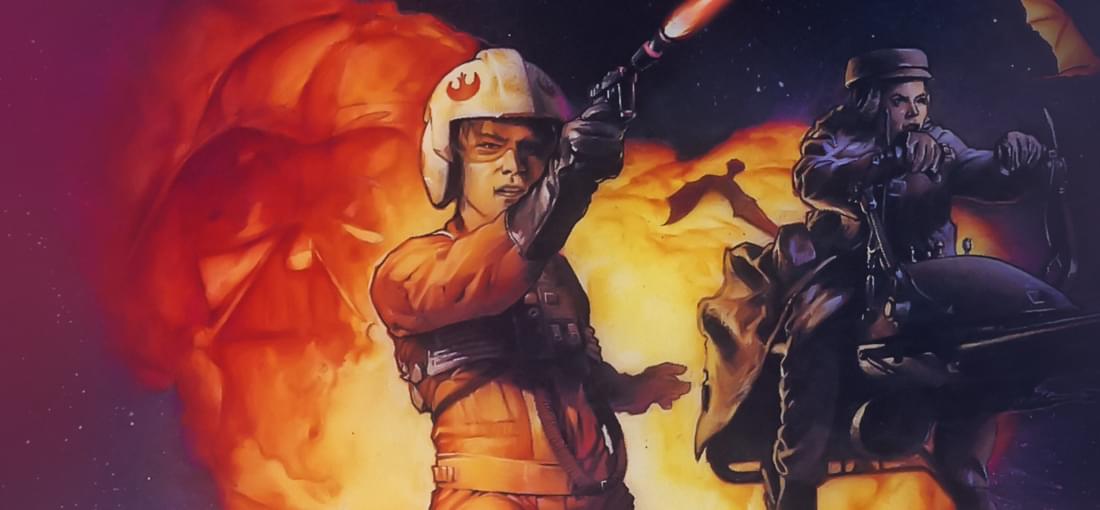
A word of advice to anyone buying these games: TURN DOWN THE FRAME RATE. On a modern system, the default framerates will have you getting blasted to pieces before you can blink. Turning them all the way down gets the game about to where it would have been when it was first released. Also, USE THE MOUSE. At least in my case, the joystick constantly pulled to the center, making it too slow and imprecise for the games' demands. Unfortunately, Rebel Assault 1 was still unplayable after all that- the controls are ultra-sensitive, which, combined with the way the game jerks the crosshairs around to lock on targets, makes it impossible to aim. I got as far as the Star Destroyer level (ironically, one of the easiest levels from back when I first played the game) before giving up. I remember this game fondly and it was never this frustrating back in the day- it just didn't quite make the jump to newer systems, despite my tinkering and GoG's work. I give it 1 star, sadly. Luckily, Rebel Assault 2's controls are much more fluid and responsive, and I was able to play through on standard difficulty, losing only a couple of lives (my fault, not the game's!) The controls don't jerk over to lock onto enemies and are generally less sluggish, making the game quite enjoyable. The gameplay is fairly simple and there's not a lot of replay value, but it's exhilarating and fun while it lasts. The combination of live actors and CGI backgrounds holds up surprisingly well, the acting is actually better than I remembered, and I was a little surprised how well this game captures the fun feeling of adventure from the first Star Wars (no, not THAT first Star Wars, damn it)- it's not very deep, but it's lighthearted, swashbuckling and has a sense of humor. It's also the only Star Wars game to make me feel sorry for the stormtroopers, who are constantly getting yelled at, falling down pits, getting shot, getting vaporized(!), and generally having a bad day. I give this one 5 stars.
Pros: An intriguing plot with well-written characters. The main character, Malachi Rector, is an antisocial genius and expert antique dealer, and the best parts of the game involve putting his skills to use, either to examine antiques for signs of forgery or to make clever deductions about people, Sherlock Holmes style. There's some guesswork involved with the latter, but usually a mix of common sense, intuition and clues from the surroundings will suffice. Malachi's voice acting is suitably arrogant, wry and dismissive, but the character manages to be quite likeable all the same, and shows a clever sense of humor now and then. Other characters are well-acted, and Rector's companion for much of the game, David Walker, has believable chemistry with him, as well as serving as a contrast to his snooty aloofness (which begins to soften the longer the two are together). Most of the dialogue in the game is excellent, natural and snappy. The focus of the story requires some suspension of disbelief but is intriguing, though mostly unexplored beyond the basic premise. The environments are detailed and well-designed, though the graphical limitations unfortunately make it very obvious when a two-dimensional "matte painting" is used in lieu of a fully rendered background. This being a globe-trotting adventure, a wide variety of locations are featured. Cons: The game fizzles out towards the end, where things seem rushed and less attention is put into the puzzles. The final area is little more than an easy maze, and one especially absurd puzzle involves flying from Washington DC to Manhattan and back just to buy an extremely common, easy to obtain item. The "Moebius" concept itself is hardly fleshed out at all, with no satisfactory revelations or twists to liven up the straightforward plot. The character models are oddly proportioned, have terrible lip-synching and Malachi's expressions in particular look unnatural at times. Lots of backtracking to get items. Quite easy.
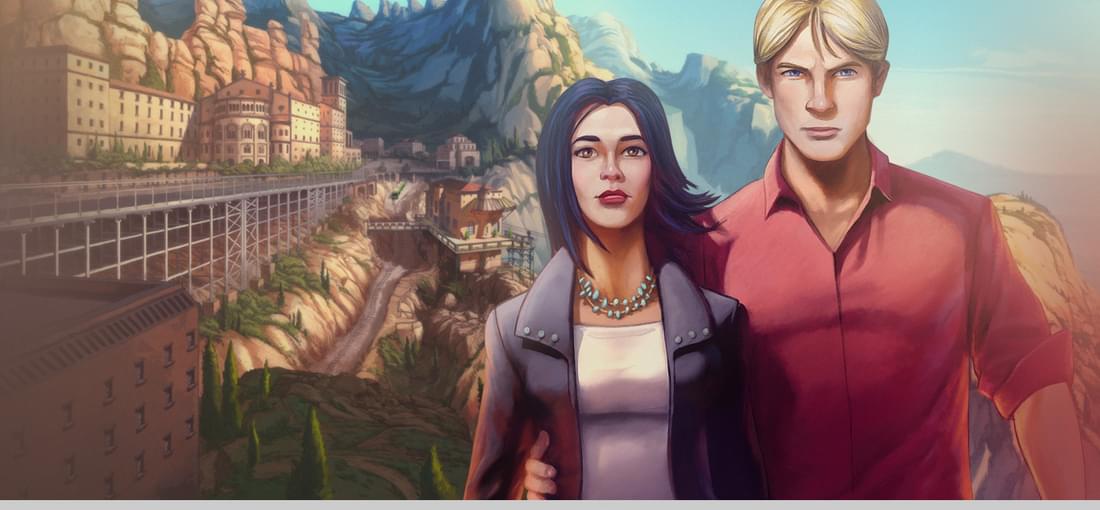
After the horrendous turn the graphics took with the switch to 3D in BS3 and 4, BS5 finally makes things look good again, with backgrounds that are literally stunning- when you step out into the Paris street for the first time, you're likely to be taken aback by just how rich, detailed and beautiful the environment is. The 3D character models aren't as nice as the animated ones, but effort has been made to give the illusion of an animated style, at least. The gameplay and controls are wholly 2D- no annoying crate puzzles or obnoxious camera angles here! The voice acting is excellent, especially the priest (turns out he's also the narrator in Trine, which is why he seemed familiar)! The story is appropriately epic and full of religious lore, and the puzzles are solid. No glitches to be found this time around. Lots of references to previous games, done well. You get to carry around a pet cockroach for most of the game and show him off to everyone you meet, which brings to mind the sewer key in the first game, only better. So why only 4 stars? The first half of the story is very slowly paced and drags on a bit, and you're stuck in the same locations several times in a row, with little action. The puzzles, while logical and fun, are just a bit too easy, with the exception of the music puzzle, which is virtually impossible for anyone who doesn't know basic music theory, and the glyph language translation puzzle, which is actually a bit tricky and quite fun to decipher. Many of the characters are a bit shallow- the villain is bland and seems to have very flimsy motivation, the secondary villain barely shows up, and the incompetent French police are like something from a children's cartoon. The game ends on a rather lame and unpleasant joke, which seemed like a poor choice for what I assume is the conclusion of the series. All in all, it lacks a certain spark. However, it's still a good game and well worth playing for fans of classic adventure gaming.
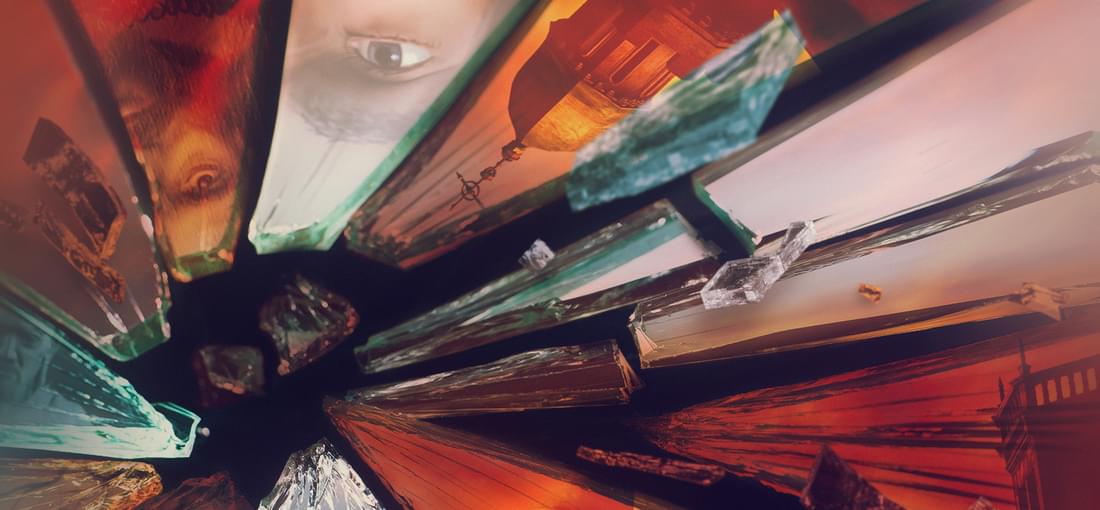
The good: Environments are very atmospheric and often beautiful. The puzzles rarely have simple solutions- what would be the solution in any other game either doesn't work here or is only the first of two or three steps. The puzzles usually make logical sense and are quite enjoyable. The pixel-hunting is tolerable with a few exceptions, and things that aren't used in puzzles will stop being hotspots once examined, letting you explore freely while still narrowing down the possibilities so you don't get stuck. The bad: Character models are stiff and primitive, with repetitive animations. Puzzles involve a LOT of backtracking, and the character walks at a realistically slow pace. A lot of conversation-opening dialogue is repeated word-for-word over and over, even when the game requires you to talk to the same characters many times to advance. After a promising beginning, character development grinds to a halt and you never learn much about the people in the game- they become little more than tools to exploit for your goal. Along these lines, a massive number of puzzles seem to involve being a jerk to honest people just trying to do their jobs. Some puzzles involve right-clicking, which you're most likely not aware you can do at first, since it usually has no effect. The REALLY bad: Some puzzles involve just waiting for someone to prepare something for you, with literally nothing to do meanwhile but pace back and forth until the game decides it's ready. Bafflingly, everyone is a decent voice actor EXCEPT the main character, who sounds like a malfunctioning android. You can die from innocent mistakes- trying to look at a cable will result in you grabbing it like a moron, and two holes in walls near the end are traps, despite being identical to a third hole containing an item, with absolutely no way of knowing this beforehand. The big twist is easily predictable from about 1/5 of the way into the game. The ending is massively anticlimactic, pointless and brief.